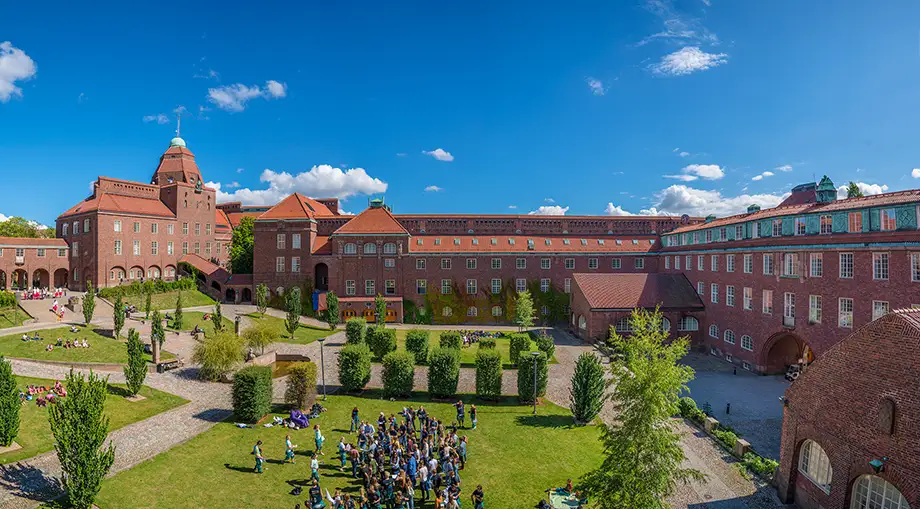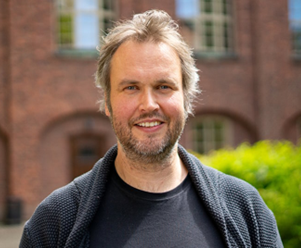KTH becomes a member of the European Open Science Cloud, EOSC

KTH has been accepted into the EOSC Association, a European collaborative organisation building digital infrastructure for research. It is an European initiative aimed at making it easier for researchers to conduct research across disciplines and borders.

– Being part of EOSC signals that the university is an active player in open science and that we support its development, Borgenstam says and continues:
– It also allows us to help shape future investments so that they are relevant to KTH’s research, while giving KTH’s researchers access to the resources and initiatives being developed.
The goal is to build digital services and infrastructures that are secure, reliable, and aligned with the principles of open science and FAIR data.
EOSC involves both the European Commission and the EOSC Association – a member organisation for universities, research funders, infrastructures, and other stakeholders – enabling them to influence and contribute to the development of EOSC.
KTH joined the EOSC Association during the EOSC General Assembly, held in Antwerp on May. The General Assembly gathered delegates from EOSC’s 256 member and observer organisations. KTH was represented by Sebastiaan Meijer, Deputy Head of School and professor at CBH, who is our appointed delegate to EOSC.

How do you think EOSC can benefit you and your colleagues at KTH?
– Research is increasingly moving towards collaboration in large consortia and addressing complex societal challenges.
Meijer points out how difficult it can be to tackle big questions without the ability to reuse and build on data, methods, and tools developed by others.
– Being part of EOSC allows me to help make it easier for us at KTH to access this vast ecosystem now being developed, and in doing so, conduct more cutting-edge, impactful research, Meijer says.
Text: Lina Andrén
